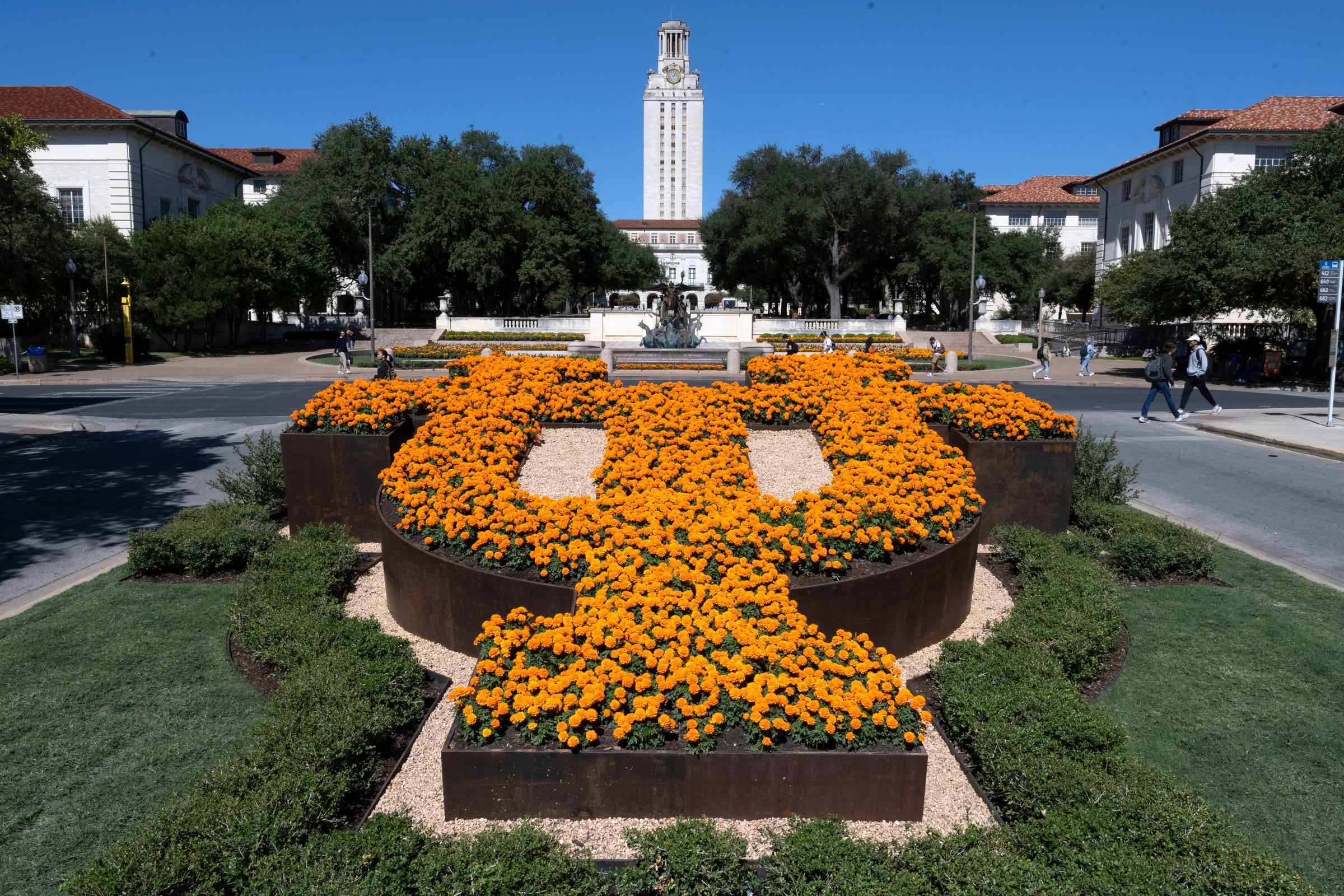Elections are an Opportunity for Young People and for the People who Care about Them
As ballots are cast, what do younger voters — and their peers and champions — need? A scientist weighs in.

Stephen Russell, the Priscilla Pond Flawn Regents Professors in Child Development, is a professor of human development and family sciences at The University of Texas at Austin. The researcher and noted expert on the development of adolescents and young adults wrote the following with reflections from his field on working with youth and young adults on and after Election Day.
I remember the college class I was teaching the morning after the last presidential election: everyone was surprised, and many students were in shock. A student sitting halfway back in the theater-style lecture hall, one who rarely spoke in class, raised her hand and asked me: “What do you think? What’s going to happen now?”
She was expressing uncertainty and anxiety regarding things that felt like high political stakes, but I was caught off-guard, unsure then how to respond. Now I realize, beyond the specific politics of the time, elections invite conversations with young people about an important and intense moment. They provide an opportunity to acknowledge that having a lot of feelings in response to an election is entirely normal.
As the current election stirs up intense feelings across the political spectrum again, students at the university where I teach and the teenagers in my life are feeling uncertain – regardless of their political ties.
I serve as a member of the National Scientific Council on Adolescence – a group dedicated to helping America better understand the adolescent stage of life. There is amazing brain development during this life stage, with opportunities for cognitive, emotional and social development. We have been thinking deeply for several years about what science tells us about adolescence as a period of opportunities for learning, exploration and growth.
We know that elections are significant moments that can lead to lasting impacts for adolescents and other young people – even if they could not, or did not, vote. For many youth, this election offers an opportunity to think about their values, who they are, what they want for their communities and how they want to contribute. It is a time for civic activity, and the first time many may get involved in political activities. Precisely because it feels like high stakes along with high uncertainty, an election like this one touches on many of the core developmental needs during this life stage.
There are a number of things the adults in young people’s lives can do.
- Use this window to talk about values.
This time – including the weeks and months that follow an election – offers chances to talk across generations about the things that matter now and for young people’s futures. As older adults, we can ask questions and listen. We can encourage youth to think about and understand their political perspectives and emotions – to respect others’ feelings, to think about how to support people who share their ideas as well as those with different views. - Make room for emotions and doubts.
Managing emotions and uncertainty can be hard at any age. Feelings are running high – some people will be disappointed by the outcome, and some will celebrate. Teens and young adults will be navigating how these feelings are normal, and even adaptive. Learning how to manage them is a key aspect of healthy development. - Spotlight the chances for learning and agency.
The election has offered opportunities for civic learning and involvement, whether that has meant voting for the first time or getting involved in other ways. Young people need opportunities to understand the political system, to try out their ideas and values and ultimately to learn to get along with others that they may or may not agree with. Acknowledge that, no matter the outcome, doing one’s own part has real significance. - Acknowledge it’s OK that the election feels personal.
Adolescence and early adulthood are times to develop a sense of self and purpose. Elections are often times when youth want to get more involved in the community – to help others, become politically active, and support their peers, families and communities. Elections are opportunities for clarifying values and for civic engagement that can help define a sense of meaning or purpose.
We know that young people’s experiences now predict their civic and political involvement later in adulthood. Older adults can play a role by talking with youth about what is happening today and providing encouragement for their community activities and advocacy. Ultimately, even for the young people who did not vote this time, the election is about – and for – them.
The National Scientific Council on Adolescence, of which Russell is a member, has put together a resource that offers ways to support positive development for young people during and after elections.



